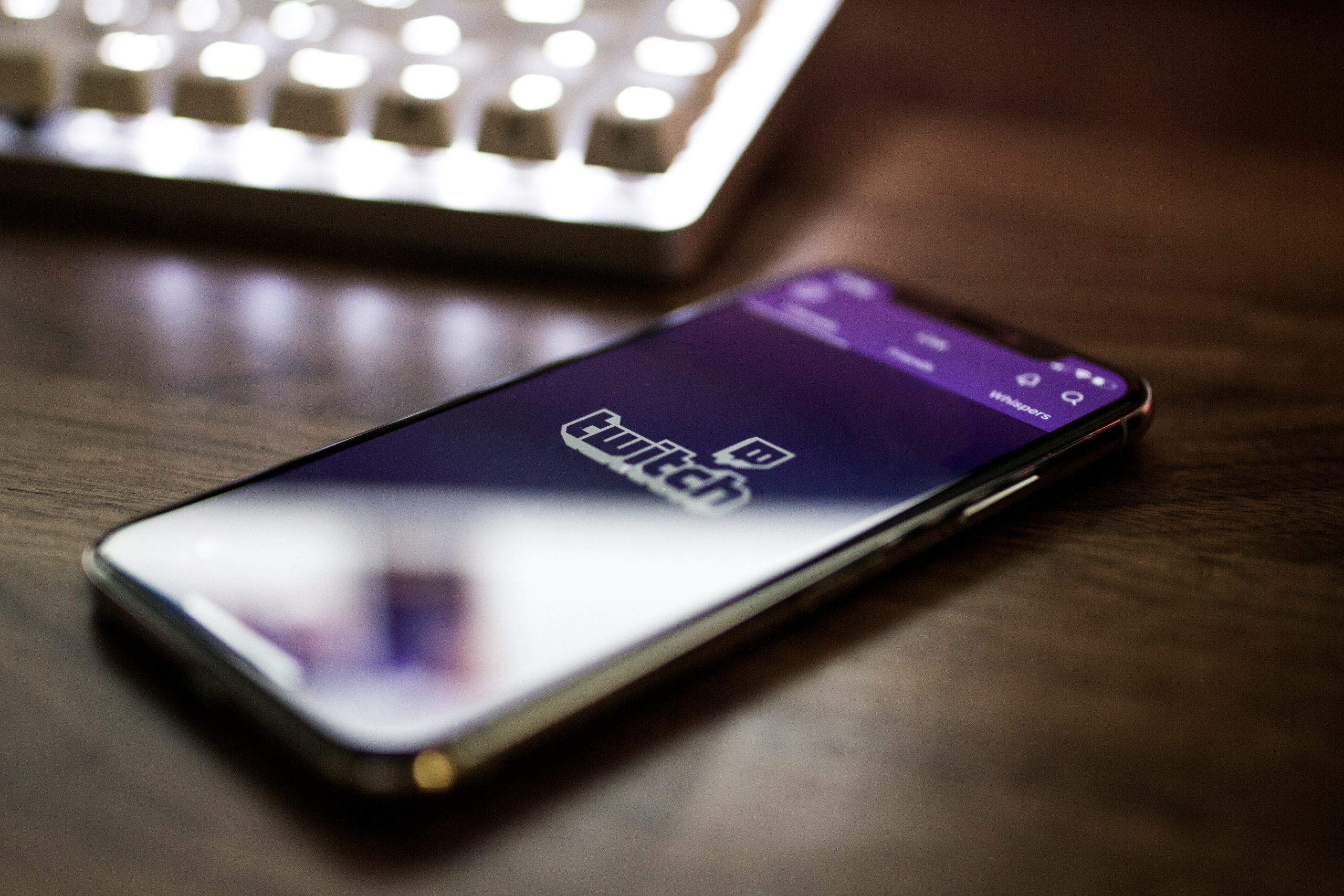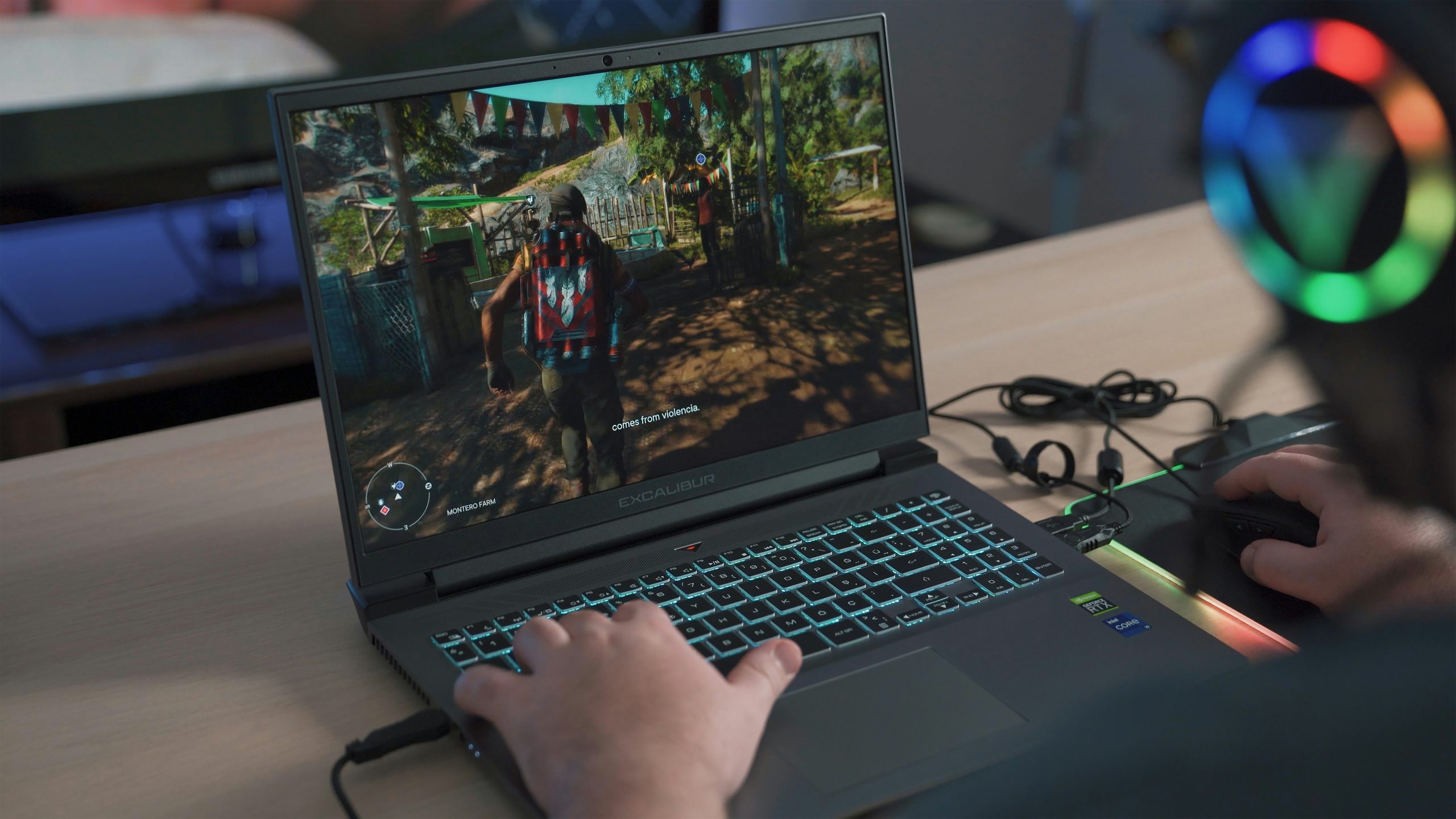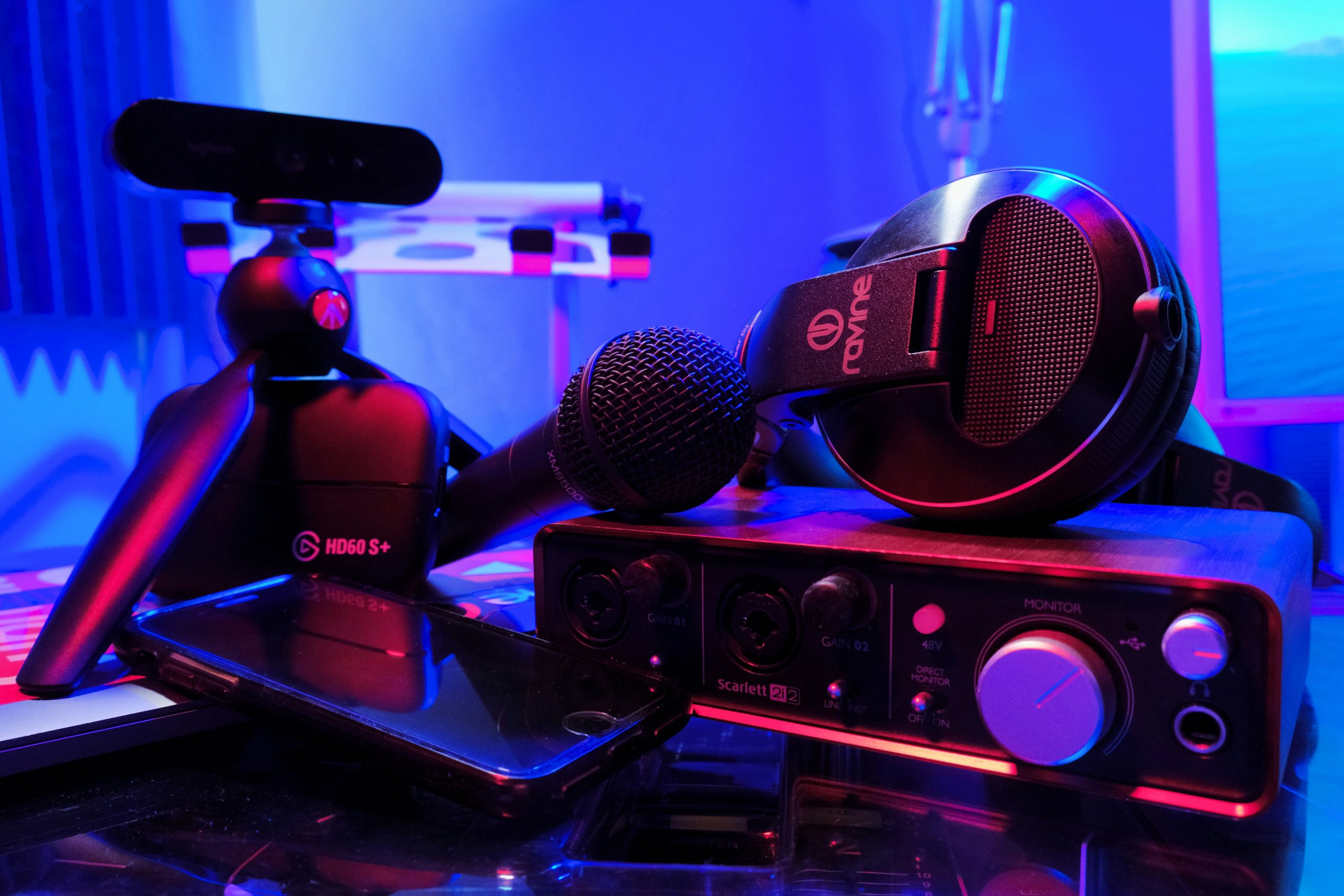Are you a budding streamer looking to enhance your Twitch channel with some catchy tunes, but worried about the copyright police crashing your virtual party? Music can set the mood, engage your audience, and make your streams more entertaining. However, navigating the world of copyright laws while broadcasting on Twitch can be like walking through a minefield of strikes and takedown notices. Fear not, fellow streamers! In this article, we’ll unlock the secrets to playing music on Twitch without infringing on copyrights – allowing you to groove to the beat without breaking any rules or risking your channel’s existence. So grab your headphones, adjust your sound levels, and get ready to level up your streaming game with our expert tips and tricks for a harmonious broadcasting experience on Twitch!
Introduction: Understanding copyright laws in streaming
Understanding copyright laws in the context of streaming, particularly on platforms like Twitch, is crucial for content creators looking to play music without infringing on others’ intellectual property rights. Many streamers unknowingly violate copyright laws by playing copyrighted music during their broadcasts, leading to potential legal consequences such as takedowns, strikes, or even lawsuits. It’s important to remember that when you are streaming content online, you are essentially broadcasting to a wide audience and need to be mindful of the permissions associated with the music you choose to play.
One common misconception among streamers is the belief that using only a few seconds or a small portion of a copyrighted song falls under fair use. However, this is not always the case as even short clips can still be protected under copyright law. As a best practice, it’s advisable to use royalty-free music or tracks obtained through proper licensing channels to ensure compliance with copyright regulations while enhancing your streams with enjoyable tunes. By understanding and respecting copyright laws in streaming platforms like Twitch, creators can continue entertaining their audiences without running into legal issues related to intellectual property infringement.

Fair Use vs. Licensed Music
When it comes to playing music on platforms like Twitch, streamers often face a dilemma between utilizing fair use or opting for licensed music. Fair use allows for the limited use of copyrighted material without permission, but its application can be tricky and open to interpretation. On the other hand, using licensed music provides a clear legal pathway to avoid copyright infringement issues, albeit with potential costs involved.
Streamers must navigate these options carefully to ensure they comply with copyright laws while still creating engaging content for their viewers. Understanding the nuances of fair use and exploring options for licensed music can help streamers strike a balance between creativity and legal compliance. By being proactive in researching music licenses or seeking out royalty-free alternatives, streamers can protect themselves from potential legal disputes while maintaining a vibrant streaming experience for their audience.
Using Royalty-Free Music Libraries
Royalty-free music libraries are a treasure trove for content creators looking to add dynamic soundtracks to their Twitch streams without worrying about copyright issues. These libraries offer a wide range of genres and styles, allowing streamers to find the perfect background music that suits their content and audience. By using royalty-free music, creators can avoid potential legal repercussions while still enhancing the overall viewing experience.
One key advantage of utilizing royalty-free music libraries is the convenience they provide. With just a few clicks, streamers can access a plethora of high-quality tracks that are free to use for both personal and commercial purposes. This accessibility allows content creators to focus on engaging with their audience rather than navigating complex licensing agreements or risking DMCA takedowns. By incorporating royalty-free music into their streams, creators can maintain a professional and polished image while also showing respect for artists’ work.

Creating Your Own Music
Creating your own music is a process that allows you to express yourself in unique ways and share your creativity with the world. Whether you’re a singer-songwriter, instrumentalist, or producer, the journey of crafting original music can be incredibly rewarding. By experimenting with different sounds, melodies, and rhythms, you have the opportunity to develop a signature style that sets you apart from other artists.
When it comes to playing music on platforms like Twitch without infringing copyright, having original songs in your arsenal can be a game-changer. Not only does this give you full control over the content you present during your livestreams, but it also helps to avoid legal issues related to using copyrighted material. Additionally, creating your own music opens up possibilities for collaborations with other musicians and opportunities for licensing your tracks for use in various projects beyond just streaming.
Seeking Permission from Artists
Seeking permission from artists is crucial in navigating the complex world of music copyright on platforms like Twitch. By obtaining the necessary licenses or permissions, streamers can showcase their favorite tunes without fear of infringement. This not only fosters a positive relationship between creators and artists but also helps support the music industry by ensuring artists are compensated for their work.
It’s important to recognize that seeking permission goes beyond just legality; it’s a sign of respect for an artist’s craft and creativity. Engaging with musicians directly can also lead to collaborations or partnerships that could enhance your streaming experience. Ultimately, acknowledging and honoring the hard work that goes into creating music can open up new opportunities and enrich your content while staying within legal boundaries.

Tools for Monitoring Copyrighted Content
Copyrighted content monitoring tools are essential for content creators to avoid potential legal issues and ensure compliance with copyright laws. Tools like Audible Magic and Muzooka offer comprehensive solutions for identifying copyrighted music in live streams, providing real-time alerts to help streamers make necessary adjustments. These tools not only protect creators from copyright infringement but also enable them to discover new music that is safe to use during their broadcasts.
In addition to identifying copyrighted content, monitoring tools such as Streamlabs’ built-in song request feature allow streamers to interact with their audience while ensuring that the music played is licensed or royalty-free. By leveraging these tools effectively, content creators can create engaging and dynamic streams without the risk of copyright violations, fostering a positive relationship with both viewers and rights holders. Ultimately, these monitoring tools empower streamers to navigate the complex landscape of online content creation while respecting intellectual property rights and promoting fair use practices.
Conclusion: Enjoy music on Twitch legally
In conclusion, embracing the legal ways to enjoy music on Twitch not only protects content creators from copyright issues but also contributes to a thriving and ethical community. By utilizing platforms like Soundtrack by Twitch or obtaining licenses for music, streamers can enhance their content without fear of facing legal consequences. This proactive approach promotes a culture of respect for intellectual property rights while still allowing streamers to showcase their creativity through music.
Furthermore, exploring the vast array of royalty-free music options opens up exciting opportunities for streamers to discover new and unique sounds that align with their content themes. Engaging with independent artists and supporting their work not only adds a personal touch to streams but also fosters connections within the artistic community. Ultimately, streaming music legally on Twitch is a win-win situation that benefits everyone involved – from viewers enjoying high-quality soundtracks to artists receiving due recognition for their creations.